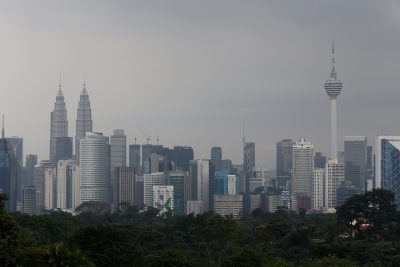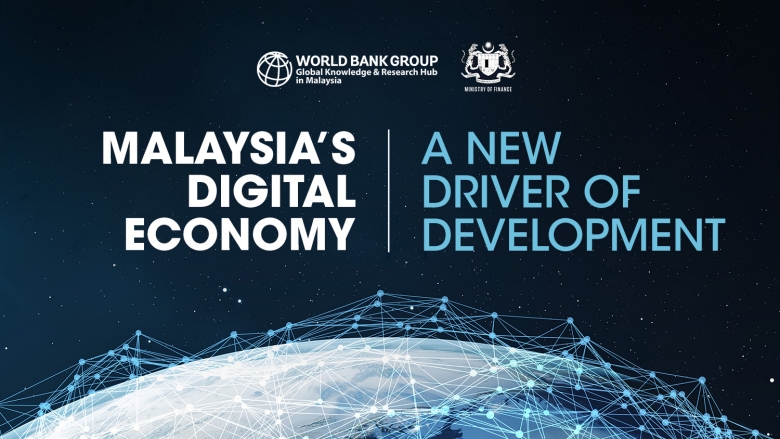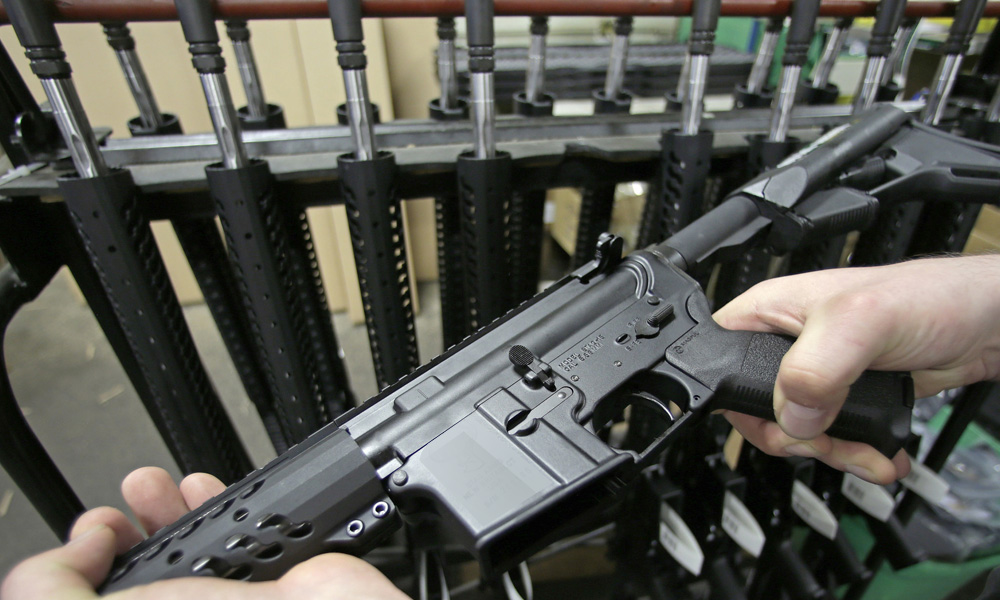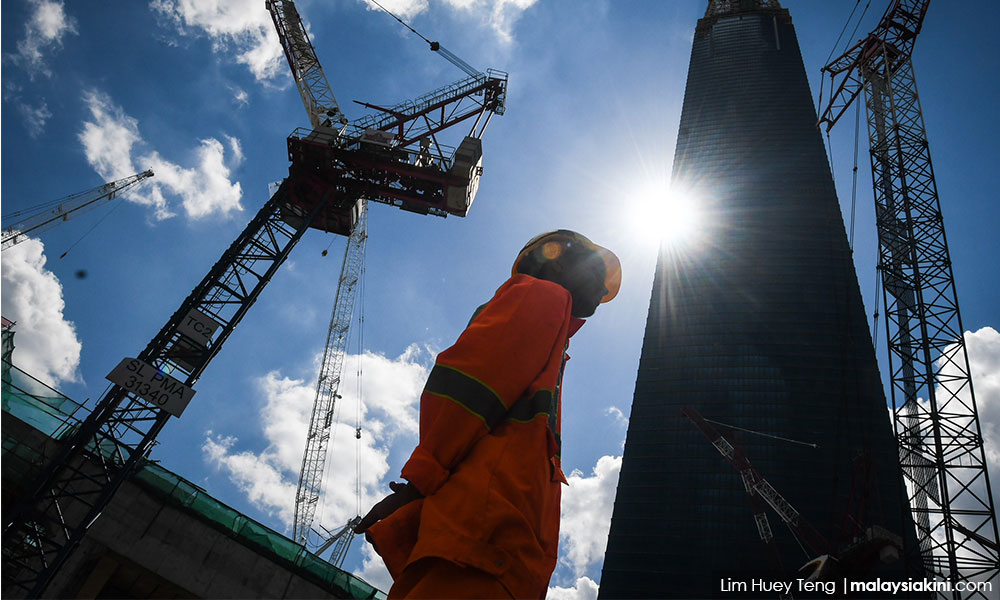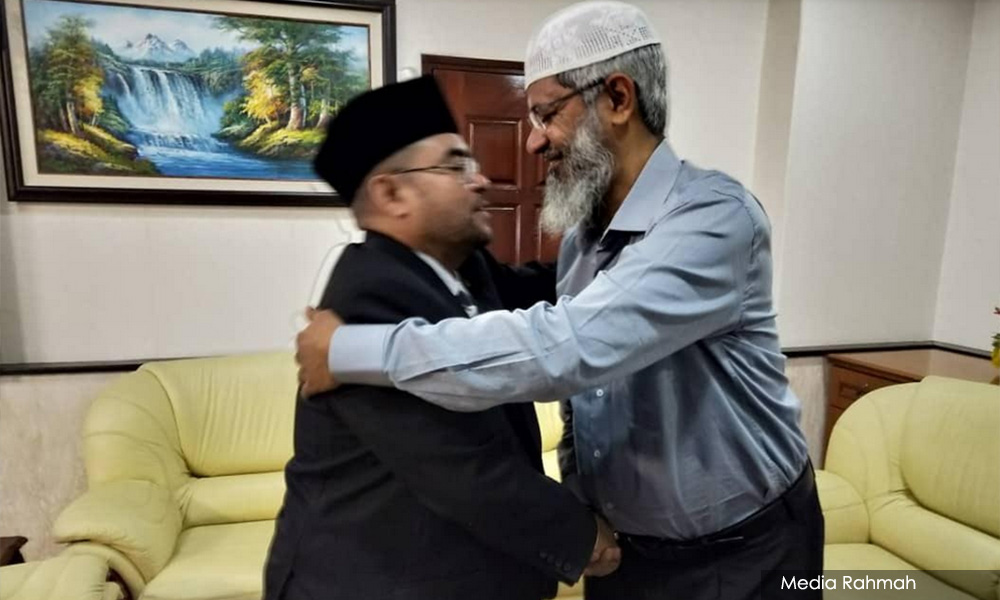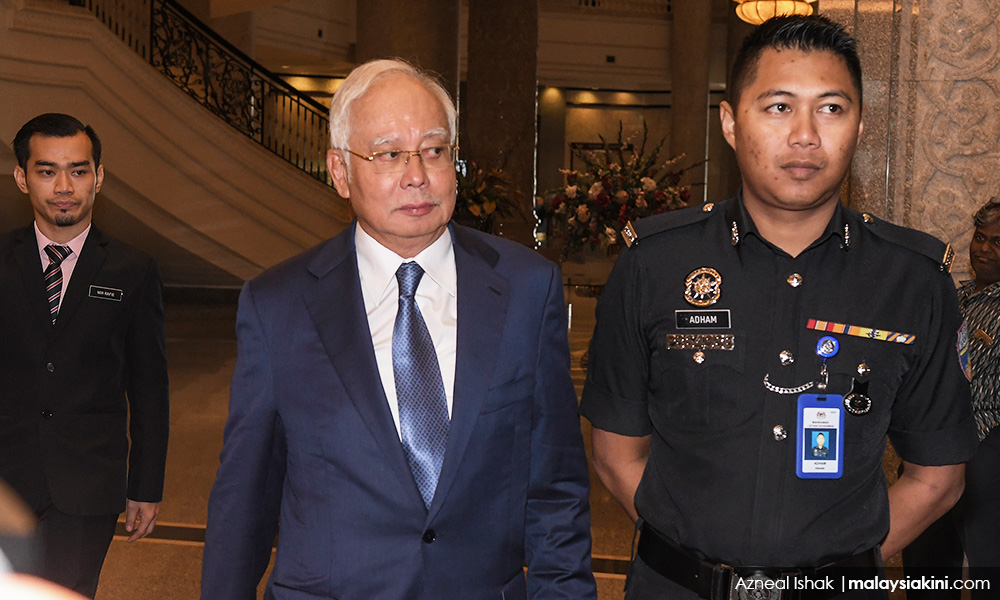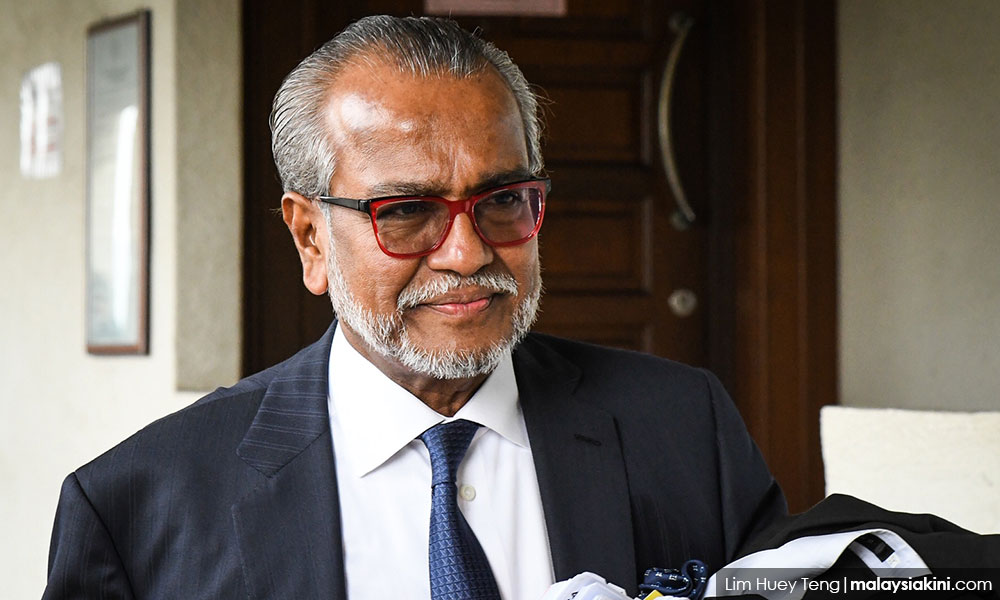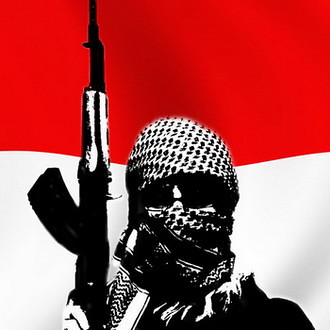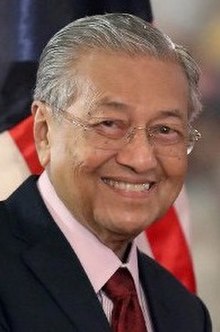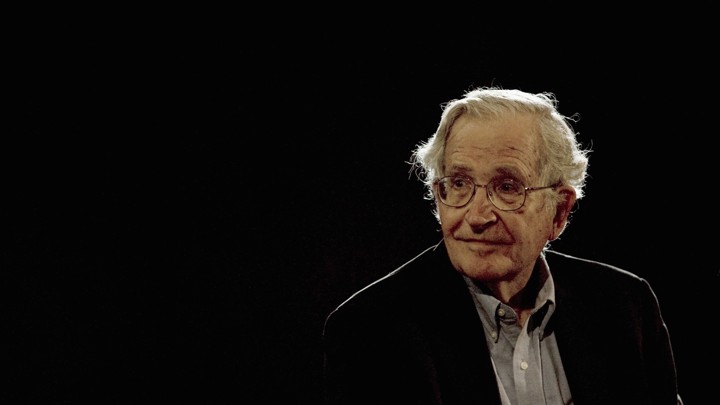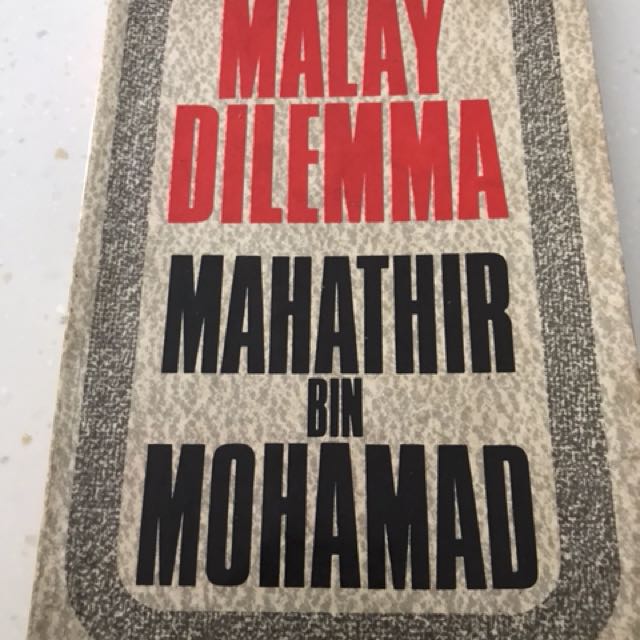March 25, 2010
Liberalisation and empowerment the path to Malaysian prosperity
Author: Editorial Board, ANU
It’s nearly a year since the Malaysian people overwhelmingly cast aside the domineering, divisive and corruption-riddled government of Najib Razak for an alternative led by Mohamad Mahathir that promised renewed focus on the people’s interests. The new Pakatan Harapan government undertook to restore good governance, raise the bar for ministers and civil servants, recover embezzled funds and deliver them back to Malaysians as cost of living relief.

Translating rhetoric into action has thus far proven an uphill battle for an inexperienced government accustomed to life in opposition. It’s struggling to turn the vision into concrete reforms, as it tries to navigate a hostile upper house and entrenched vested interests. Progress has been confined to a handful of easy wins and the multiplication of committees to continue decades-old debates about well-understood policy failings. Malaysians are becoming restless for the government to deliver on the promise of a ‘New Malaysia’ that secures livings standards regardless of ethnicity.
Efforts to deconcentrate centralised power structures and break up state monopolies are central to reinvigorating the economy. This will enable more effective governance and help tackle endemic corruption. Malaysia’s Federal Government commands over 88 per cent of total government revenue and expenditure (the share is closer to 50 per cent in federations like Australia and the United States), leaving almost 170 states and local authorities with limited resources to address local needs. Imperious policymaking from the administrative capital of Putrajaya coupled with non-elected local governments bedevil the effective delivery of local services including law enforcement, education and healthcare.
This week’s lead article by Wing Thye Woo argues that ‘[g]rowth requires state governments that are empowered to plan and implement their own development strategies’. This would require a significant shift from the highly political allocation of development finance that penalised opposition-led states under the former government.
Government-linked corporations (GLCs) dominate the Malaysian economy and that needs to change. GLCs command a majority share of market capitalisation and key sectors of the economy including natural resources, utilities, construction and finance. Policies that reinforce GLC dominance stifle innovative and dynamic small and medium enterprises and competitiveness.
As Woo says, ‘GLCs may perform well in theory, but they don’t in practice — officials inevitably use them for political patronage and personal corruption. GLCs are political creatures, not economic instruments … Downsizing the state-related sector through privatisation is necessary for economic efficiency, political accountability and income equality’.
The government has acknowledged the problem but has been tentative in its approach to this critical reform. Its first substantive policy announcements and budget provided a major setback, reinforcing the role of GLCs in ethnic Malay development strategies and increasing government dependence on GLC dividends. It’s unclear whether the government now has the clout and political fortitude to pursue a privatisation and competition agenda.
Decentralisation is more than just government ownership and power-sharing; it encompasses a shift in the mentality of government from one underpinned by heavy-handed direction to one of empowerment. This requires the creation of institutional and regulatory environments that empower people to shape the policies that affect them, private business and entrepreneurship to fuel the engine room of economic growth, and all levels of government to deliver an enabling environment in which private actors flourish.
Empowerment means replacing ethnic discrimination with inclusive approaches to policy making, lifting up all low-income households. It means constructing a tax and transfer system that reduces rather than perpetuates inequality and cost of living pressures, positively reshaping the social contract between taxpayers and government. And it requires liberating the education system from the mechanistic, dictatorial, one-size-fits-all approach that has prioritised a one-eyed conception of nation-building over the development of inquisitive and adaptable minds.
Effective governance starts with a recognition that meaningful reforms may not please everyone but if done well can benefit all. It requires the strength of conviction to stay the course in the face of interest group pressures, avoiding discouraging U-turns like abandoning intentions to sign the United Nations International Convention on the Elimination of All Forms of Racial Discrimination. It entails more than a solitary sugar tax to raise funds for development and social welfare when the tax revenue share of GDP is a third of the OECD average. And it requires delivering substantive reforms to education in the light (or in spite) of next month’s special task force report.
The government’s recent by-election defeat in Semenyih provides a wake-up call that its support among middle-class Malaysians depends on improving its performance not on disparaging its predecessor. That means harnessing the electorate’s heightened expectations towards charting a more prosperous course for the economy, governance and for the Malaysian people.
The EAF Editorial Board is located in the Crawford School of Public Policy, College of Asia and the Pacific, The Australian National University.
